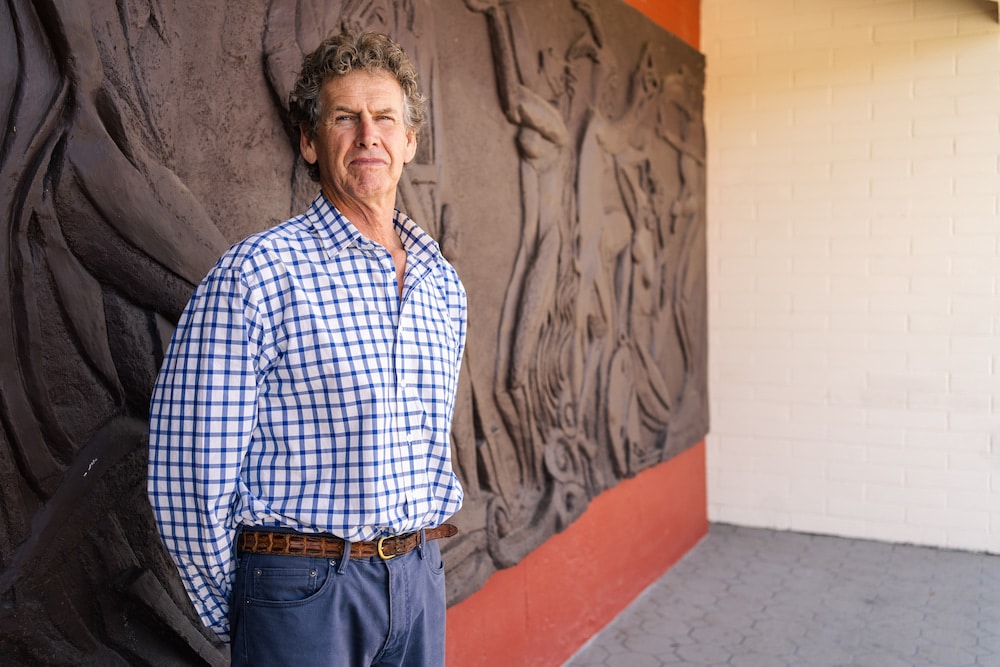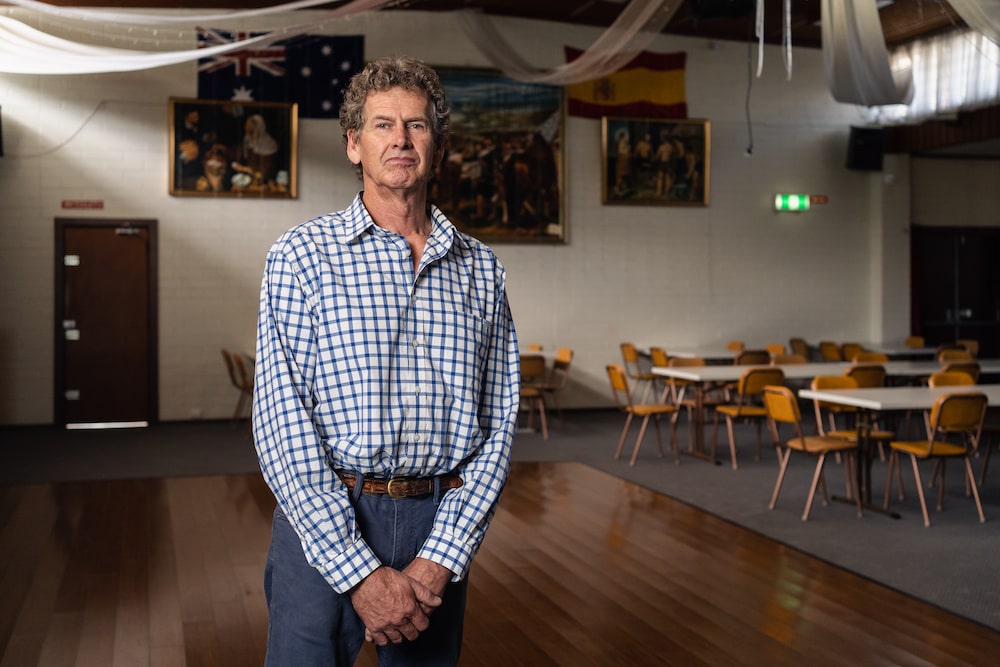Six Canberra community clubs have received a share of nearly one million dollars to go toward projects that will diversify their revenue streams and wean them off poker machines.
The funding comes from a co-contribution from the clubs off their poker machine ownership, and the ACT Government matching that.
“We’ve seen our clubs over many years become heavily reliant on this form of revenue, and these grants are about developing other streams so that we can diminish that reliance over time,” said Shane Rattenbury, Minister for Gambling.
Successful applications in this round include clubs upgrading their kitchens to improve their hospitality offerings, building childcare facilities on-site, and installing large solar systems.
“We’re seeing some really innovative approaches from the clubs and I’m very pleased at the quality of the applications,” Mr Rattenbury said.
The Spanish Australian Club received funding to renovate and upgrade their nearly 50-year-old kitchen, turning it into a modern commercial kitchen that will vastly expand their food service offerings.
Mr Rattenbury said the grants are set up to aid smaller clubs, particularly those with strong ties to cultural groups like the Spanish Australian Club.
“The bigger clubs tend to have a bigger revenue base, we’ve already seen some of the divest into real estate, other business approaches, health clubs,” Mr Rattenbury said, “whereas some of the smaller clubs, they just get by.
“That’s where the grants are particularly valuable for the smaller clubs, to help them have that lump sum of cash where they can make an investment that will then return revenue in a different stream over time.”
The grants scheme fits in as part of a broader agenda to reduce the reliance on poker machines by community clubs.
Since the ACT Government launched their gaming machine trading scheme in August 2015, some 1,159 machines have been surrendered, seeing the total across the ACT drop from 5,022 to 3,863.
As of December 2021, Canberra Labor Club Group operate 414 gaming machines across their four Canberra-based clubs, the third most in Canberra behind the Raiders Group, with 626 gaming machines across their four ACT venues, and the Southern Cross Club, with 512 machines across their three venues.
“It’s obviously no secret that the Labor party have had that connection for a long time,” Mr Rattenbury said. “There is now a conversation about serious gaming reform in the ACT, and I think that’s been a really good outcome.
“There’s a diversity of views in the Labor party, there are those that really recognise the problems associated with poker machines,” he said, “and there are others who, frankly, want to keep the revenue stream.”
Poker machines a ‘diminishing revenue stream’

Club treasurer, Chris Lander, told Canberra Daily the kitchen upgrade will be a gamechanger; until now they have been unable to afford the upfront cost of a full-scale renovation required to meet modern health codes.
“We’d have to comply with modern regulations, which meant that every element of the kitchen had to be upgraded, so we couldn’t cherry pick or piecemeal,” he said.
Canberra clubs on the lower end acquire 30 per cent of their revenue from poker machines, with the higher echelon in the 60+ per cent range. Less than 10 per cent of the Spanish Australian Club’s revenue comes from their 14 machines.
The Club has never even met the $25,000 per quarter threshold required to pay the ACT Government’s quarterly gaming machine tax on clubs.
Despite that, Mr Lander said the machines remain “an integral part” of the club.
“In 2018 we surveyed a number of our players who said if you remove them, we’ll go to the bigger clubs in Woden,” he said.
Regardless, Mr Lander said gaming machines are a “diminishing revenue stream”, due mainly to the rise of online gambling.
“It’s an older style of gambling,” he said. “The newer, younger patrons of the club industry are finding more offerings in the online space.”
Outside their poker machines and bar, the Spanish Australian Club have developed several additional revenue streams. Since 2017, they have run a once-a-month authentic Spanish deli, which sees Lander import a host of highly sought-after foods from Spain, with patrons routinely travelling from as far as Sydney.
A newly upgraded dance floor in their theatre is poised to host easy-going live music and dance nights; a lack of sound proofing throughout the venue means heavier, louder performances are unfeasible.
They also utilise their expansive outdoor space with regular car shows, while a pétanque gravel bowls pitch has been installed, too. The kitchen upgrades will allow them to better capitalise on events.
“There’s many areas that we’re looking to improve or develop revenue streams, which will assist us in developing new income streams, which will give us that stability for the future.”
Security however remains an issue, with regular burglaries occurring at the premises. Mr Lander hopes to secure the perimeter of their land with fencing, as cameras and barring along the doors and windows hasn’t been enough to deter criminals.
Doing so would give the club peace of mind and allow them to better utilise their outdoor space.



